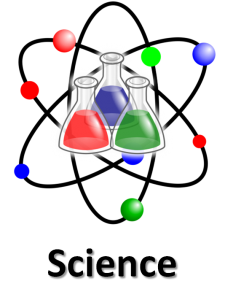The ACT Science section is feared by nearly every high school student in America. Many of us struggle with biology or chemistry or physics, or even all three. How can we make it through 40 questions about science in just 35 minutes? Remember that the ACT Science section is testing you on your ability to read charts and graphs, not recall facts or properties. There’s a world of science out there, and they couldn’t begin to comprehensively quiz you in just thirty-five minutes. What they are judging you on is your ability to communicate in the science world. Can you read a graph? Understand an experiment? Discuss opposing viewpoints? Chances are you can, and that’s all you need to ace this test! Today we’ll discuss how to uncover the dependent and independent variables of an experiment.
The independent variables are experimental processes that the scientists are altering in order to discover something about a second thing. The dependent variables are the things that the scientists are trying to change. Imagine an experiment where scientists are trying to discover the best terrain to grow crabs. They fill three tanks with three different ecosystems: one entirely underwater, one entirely above water, and one entirely made up of boiling water and seasoning salt. They then observe the crabs for many months to discover which crabs live the longest, produce the most offspring, and taste the best dipped in butter.
Which are the independent and which are the depended variables? The independent variable here is the type of terrain housing the crabs. The scientists altered this in order to uncover facts about longevity, fertility, and tastiness. These three factors are the dependent variables – they are being altered by the independent variables without having any power to influence those. Boiling a crab will make it tastier, but making a crab tastier won’t necessarily boil it.
Understanding the independent and dependent variables in an experiment can help you understand why the experiment was executed. This sort of understanding is far more important on the ACT than remembering the precise way to calculate molar mass.
Written By: Catherine Martin







